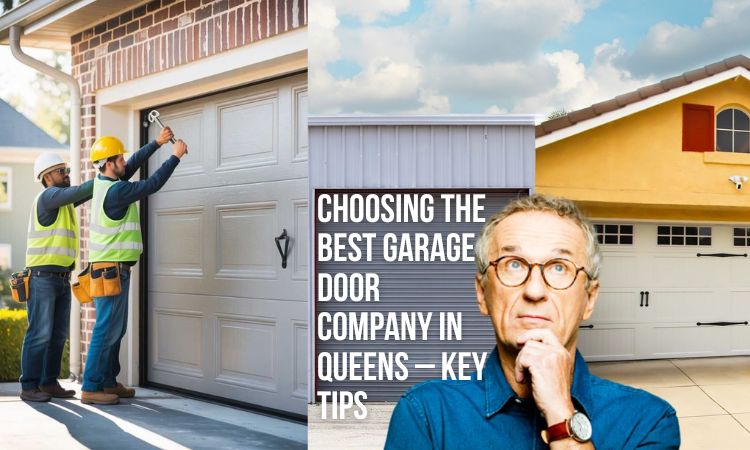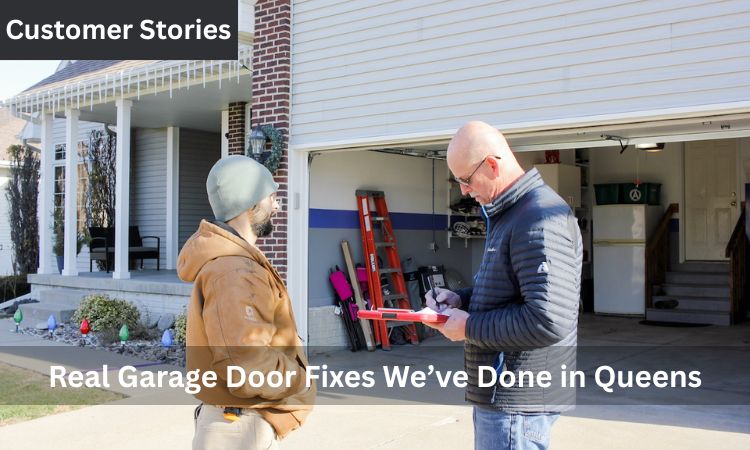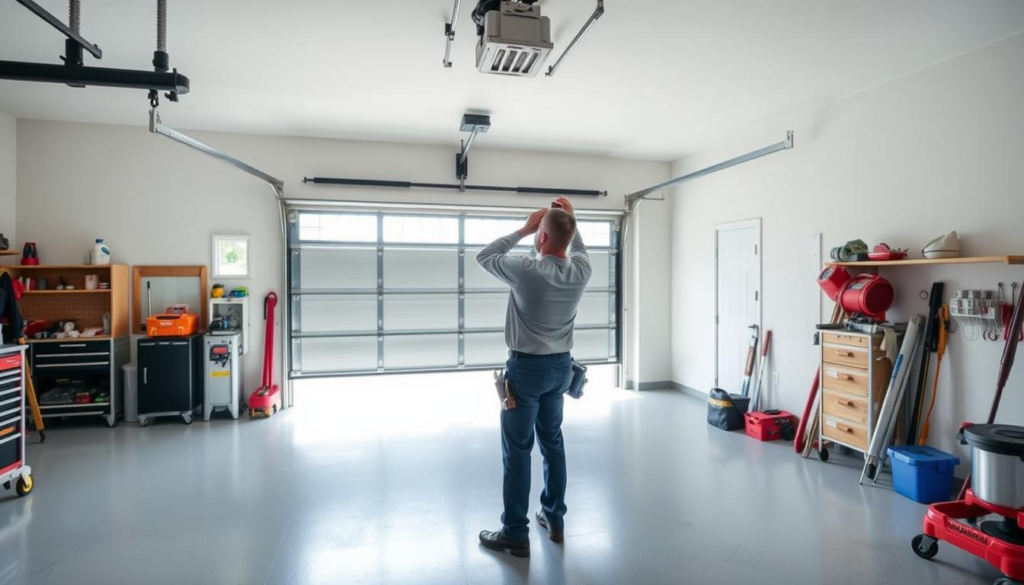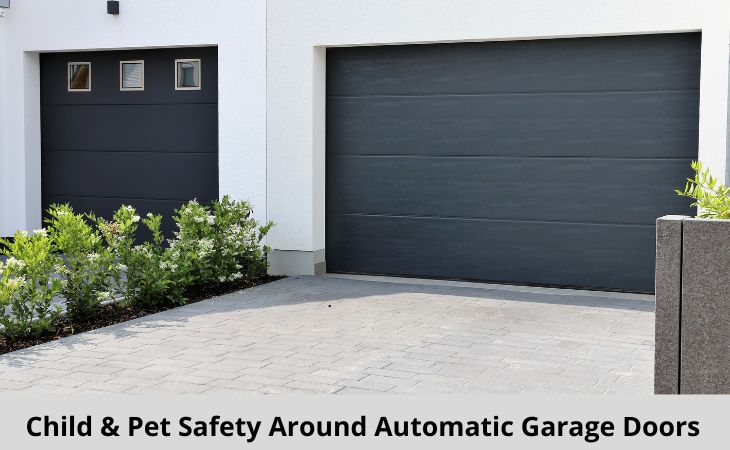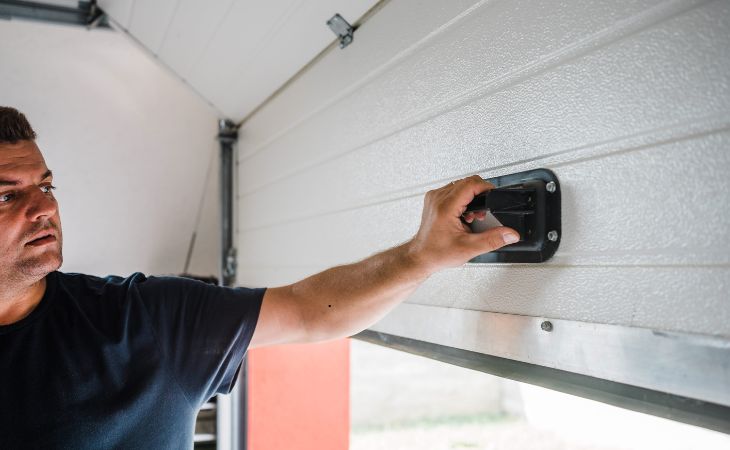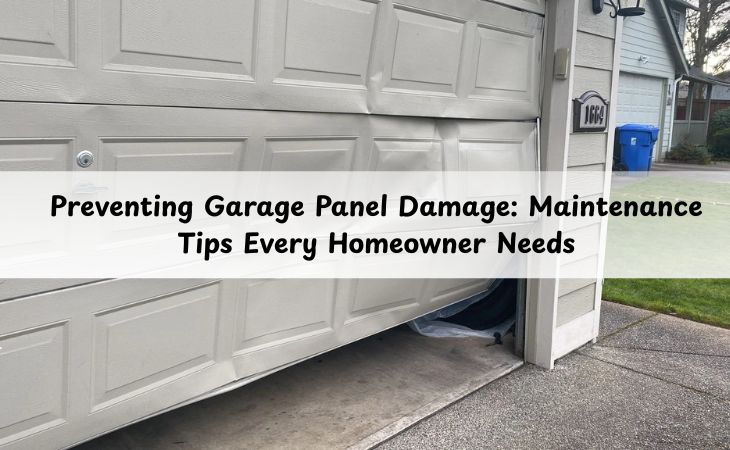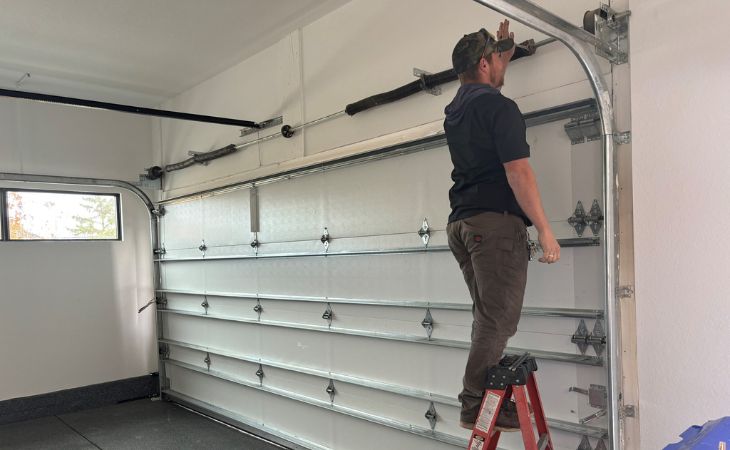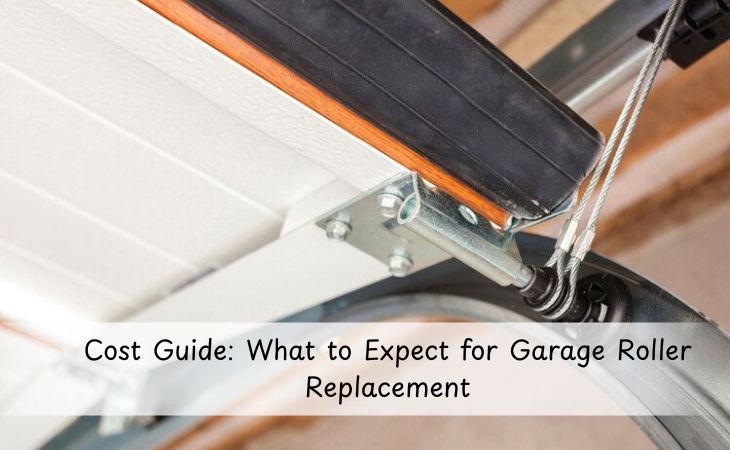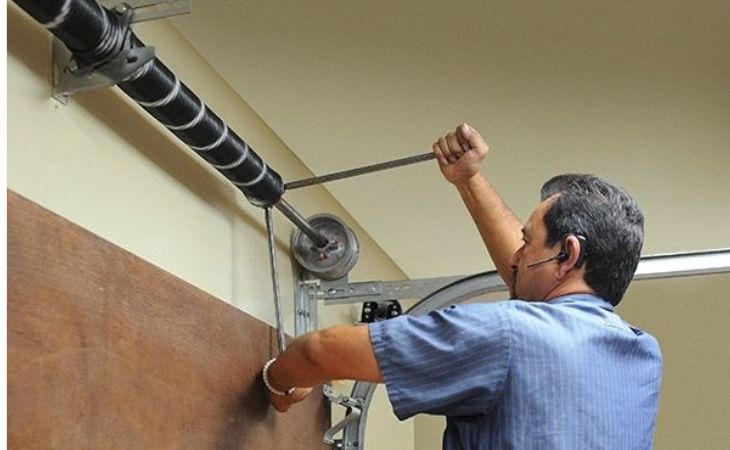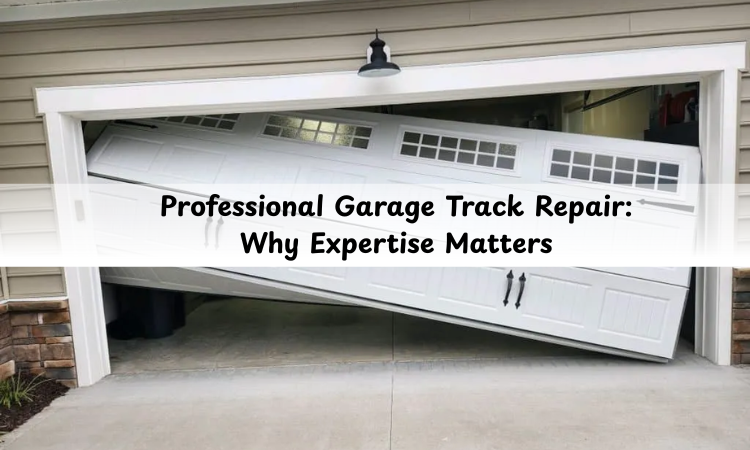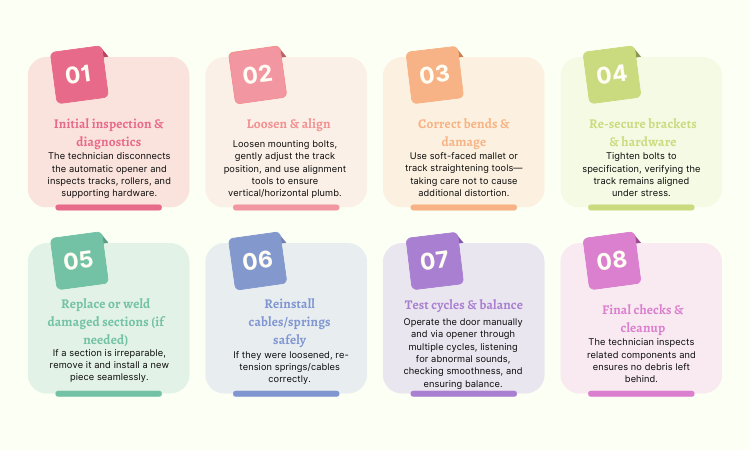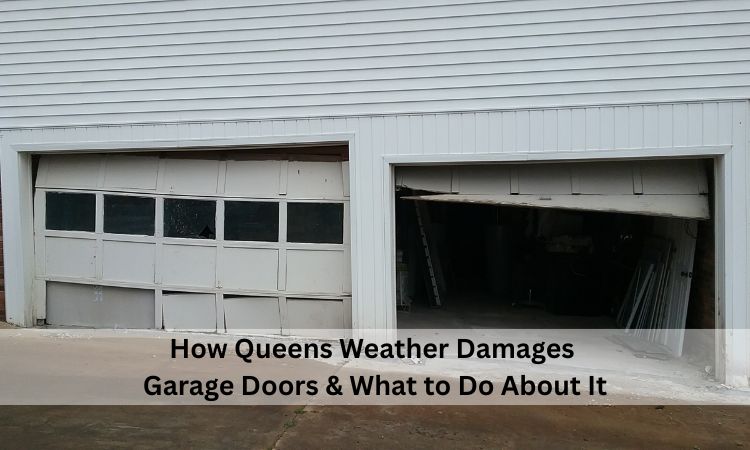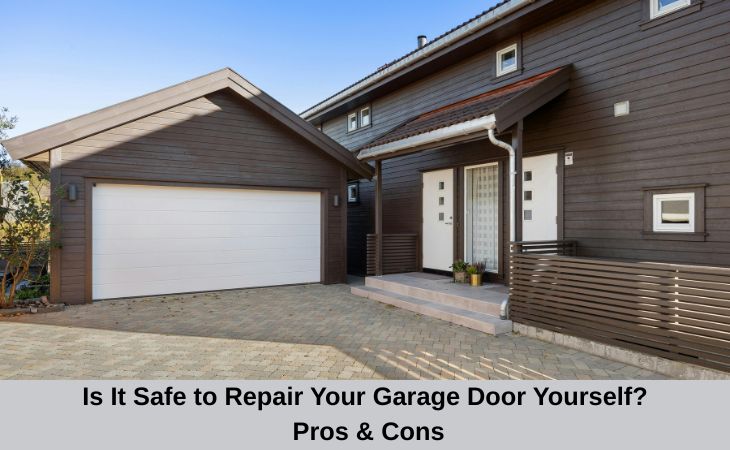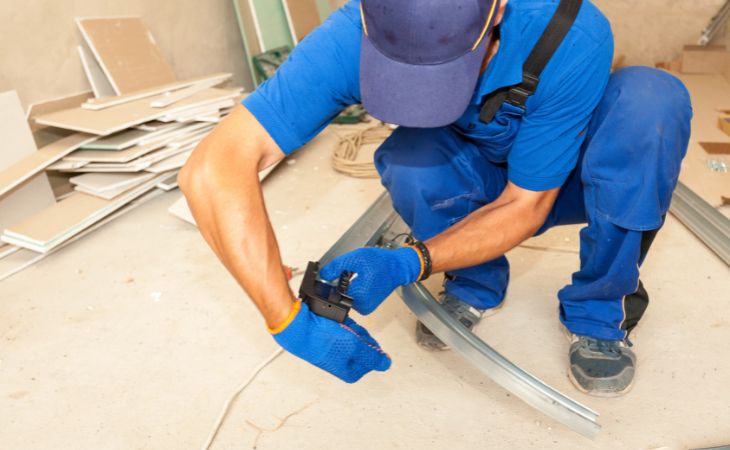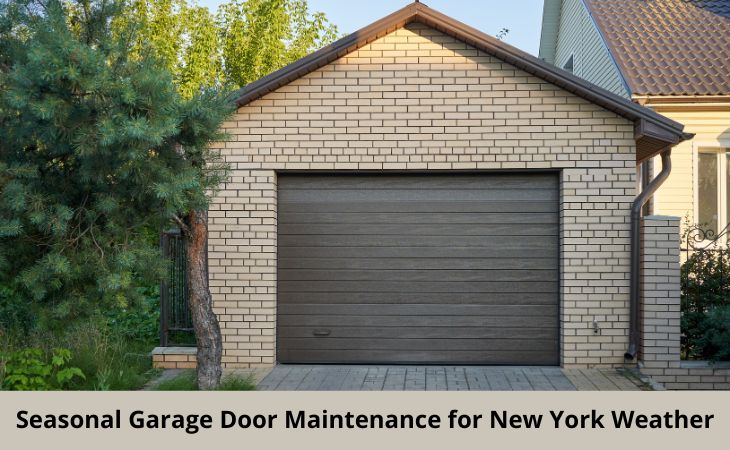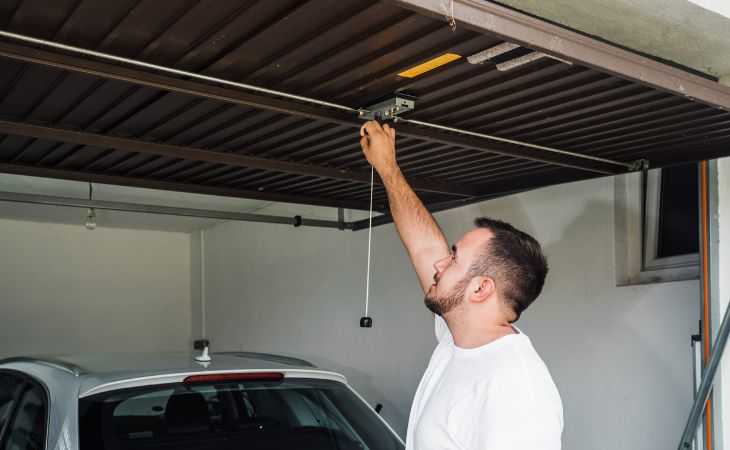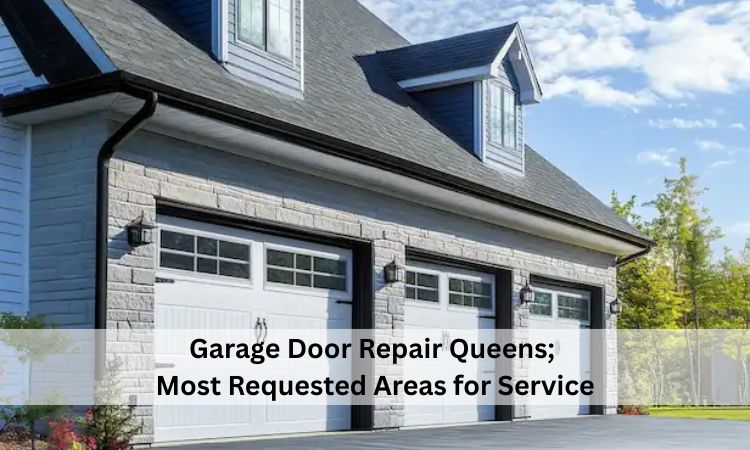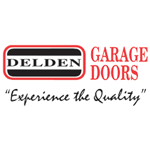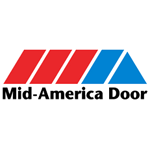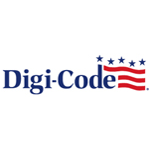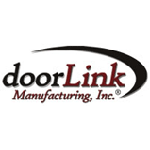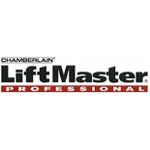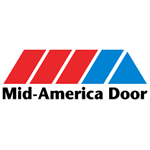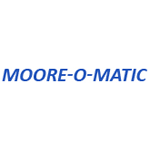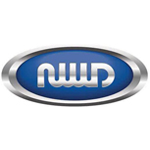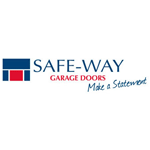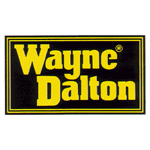Your garage door does more than open and close. It’s one of the largest moving parts of your home, it protects your vehicles and valuables, and it plays a big role in curb appeal. When something goes wrong — whether it’s a broken spring, a noisy opener, or a door that won’t close — finding the right company to fix or replace it is essential.
If you live in Queens, you know the importance of hiring a garage door company that’s not only skilled but also familiar with the area’s homes, building codes, and even weather conditions. Let’s break down the most important factors to consider so you can make a confident choice.
Why the Right Garage Door Company Makes a Difference
A garage door system involves multiple interconnected parts — torsion springs, cables, rollers, tracks, sensors, and an opener. A mistake in repair or installation can cause safety hazards, shorten the lifespan of your system, or cost you more money down the road.
A reliable company ensures:
- Proper safety practices (avoiding injuries from high-tension springs).
- Correct installation that prevents uneven wear and noise.
- Long-term savings through durable products and preventive care.
Key Factors to Look for When Choosing a Garage Door Company in Queens
1. Experience and Hands-On Expertise
In garage door services, experience translates directly to quality. A company that has worked in Queens for years will have dealt with everything from outdated carriage-style doors in older neighborhoods to modern insulated steel doors in new builds.
What to look for:
- At least 5–10 years of proven work in the field.
- Technicians with factory training and certifications.
- Portfolios or case studies of past installations and repairs.
Example: If your opener fails during a power outage, an experienced technician knows whether a backup battery system can be installed or whether a full opener replacement is necessary.
2. Licensing, Insurance, and Compliance
Any company you hire should be legally recognized and fully insured. This not only protects the workers but also protects you from liability if an accident occurs during service.
Ask to see:
- A New York State contractor license.
- Proof of general liability and worker’s compensation coverage.
- Knowledge of local Queens building codes (important for new installations).
3. Reputation and Trustworthiness
In an industry where word-of-mouth matters, a company’s reputation says a lot.
How to check reputation:
- Look for consistent 4–5 star ratings on Google and Yelp.
- Check if they are accredited by the Better Business Bureau.
- Read reviews that mention punctuality, professionalism, and problem-solving.
Tip: Pay attention to negative reviews too. A good company will respond politely and offer solutions, not ignore complaints.
4. Range of Services Offered
Not all garage door issues are the same. A well-rounded company should provide solutions for every stage of the door’s life cycle.
Comprehensive services to look for:
- Emergency repairs (24/7 response for stuck doors or broken springs).
- Routine maintenance like lubrication, sensor alignment, and balance checks.
- Upgrades and installations including insulated doors for energy savings.
- Commercial services for warehouses or storefronts in Queens.
5. Quality Products and Warranties
A garage door is a long-term investment, so the materials and parts used should be top quality.
High-quality options include:
- Steel doors for durability and low maintenance.
- Wood doors for a classic look.
- Insulated doors to improve energy efficiency in Queens’ cold winters.
- Trusted opener brands like LiftMaster or Chamberlain.
Check warranty details carefully:
- Labor warranties (typically 1 year).
- Manufacturer’s warranty on doors and openers (often 5–10 years).
6. Transparent Pricing and Estimates
Avoid companies that give vague or verbal estimates. Transparency in pricing is a sign of professionalism.
Best practices:
- Request a written estimate before work starts.
- Compare at least 3 local quotes.
- Ask about potential extra costs (travel fees, after-hours charges, disposal of old doors).
7. Local Knowledge and Response Time
Choosing a Queens-based company comes with advantages. They know:
- Local housing styles (brownstones, multi-family homes, newer condos).
- Climate challenges (humidity, salt exposure near coastal areas, winter snow).
- Building codes specific to New York City boroughs.
Plus, being local often means faster service when emergencies happen.
8. Customer Service and Communication
A great company doesn’t just fix doors — they build relationships.
Signs of good customer service:
- Courteous phone support that answers questions clearly.
- Technicians who explain what’s wrong and how they’ll fix it.
- Follow-up support after installation or repair.

Final Thoughts: Making the Right Choice
Your garage door is a major investment in your home’s security, convenience, and style. Choosing the right garage door company in Queens is about more than just price — it’s about finding a team that combines experience, transparency, and care.
Get Peace of Mind With Reliable Garage Door Service
Your garage door should be safe, smooth, and dependable every day. At Garage Door Repair Queens, we’re proud to serve our neighbors with trusted repairs, installations, and 24/7 emergency support. Whether it’s a quick fix or a brand-new door, we’re here for you.
📞 Call [(718) 755 5985] or
💻 Schedule your free estimate online today!
FAQs
1. How do I know if a garage door company is trustworthy?
Look for licensing, insurance, detailed estimates, and positive reviews. Reputable companies will be transparent and have nothing to hide.
2. Should I choose a local company or a national chain?
Local companies often provide faster emergency service and know the Queens housing market better. National chains may offer more resources but can feel less personal.
3. What questions should I ask before hiring?
Ask about warranties, response time for emergencies, the brands they carry, and whether technicians are certified.
4. How much does garage door repair cost in Queens?
On average:
- Minor repairs (like sensor adjustments): $100–$150.
- Spring replacement: $200–$400.
- Full opener replacement: $400–$800.
- New garage door installation: $1,000–$3,000 depending on materials.
Always request a custom estimate since prices vary.
5. Can I repair my garage door myself?
You can handle simple tasks like lubricating rollers or changing remote batteries. But repairs involving springs, cables, or electrical openers should only be done by professionals — these parts are dangerous to handle without training.

